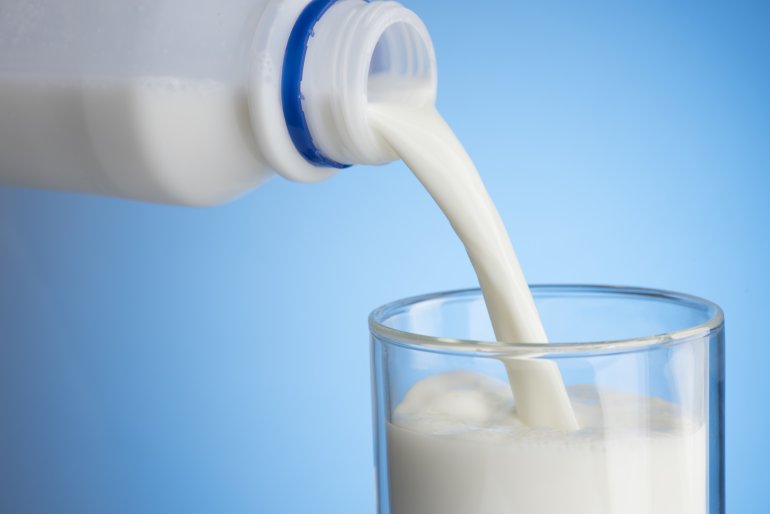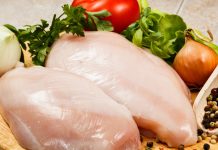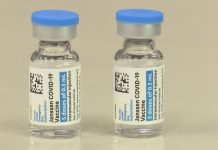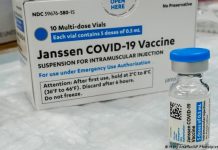
Isle of Wight E. coli outbreak linked to raw milk from farm.
THREE people have been hospitalised following an E.coli outbreak at Briddlesford Lodge Farm.
Anyone who has bought raw (unpasteurised) milk from the Isle of Wight farm has been warned to return or dispose of it following the outbreak, which has sparked a public health investigation.
Public Health England said today (Friday) there have been four confirmed cases of E.coli O157 and three cases of Haemolytic Uremic Syndrome (HUS) linked to the outbreak, and raw milk from Briddlesford had been confirmed as the source of the infection.
Those with E.coli have made a good recovery, but those with HUS are in hospital and receiving treatment.
Officers from the Isle of Wight Council’s environmental health team have been working closely with the farm, which has cooperated fully with the investigation, to ensure the affected raw milk has not entered the sales chain since September 25.
Anyone who has bought unpasteurised milk from Briddlesford before September 25 should not drink it.
Dr Ishani Kar-Purkayastha, consultant in communicable disease control for Public Health England South East, said: “We have been working with colleagues to investigate these cases and hope all those affected are better soon.
“All steps have been taken to prevent the spread of infection further including removal of the milk from sale, and necessary hygiene and safety measures.
“As an added precaution we, along with the environmental health team and the Food Standards Agency (FSA), are asking anyone who has raw milk purchased from Briddlesford Farm on, or before Monday, September 25, 2017 to either return it to the farm or dispose of it. This includes raw milk that may have been frozen for future use.”
FSA chief scientific adviser Professor Guy Poppy said: “Unpasteurised or ‘raw’ milk may contain harmful bacteria that cause food poisoning because it has not been heat treated.
“Long standing FSA advice has been that older people, infants, children, pregnant women and those with weakened immune systems, who are more vulnerable to food poisoning, should not consume raw drinking milk.”
The E.coli O157 infection can cause sickness, severe abdominal pain, diarrhoea, and blood in urine.
A small number of those who are infected go on to develop a serious condition called Haemolytic Uraemic Syndrome (HUS), which may lead to kidney failure.
The infection can also spread from person to person, and from contact with farm animals or their faeces.
Paul Griffin, from Briddlesford Lodge Farm, said the milk was no longer on sale and the risk to the public had been removed. He said the farm shop and cafe remained open as usual.
*The Griffin family, who own and run Briddlesford, said: “We have always closely followed local authority and food standards agency guidance on minimising this type of risk, and we have also put extra controls in place as soon as we were notified of a potential problem.
“We are still working very closely with environmental health officers and we believe we have now done everything we can to prevent further cases.
“We are especially concerned about the well-being of those affected by this bug, and we wish them and their families every good fortune at this terrible time. We want families to enjoy learning about the farm and we are saddened to think that something has gone so wrong.
“Our pasteurised milk is a safe product to drink and meets all quality and hygiene standards.”













